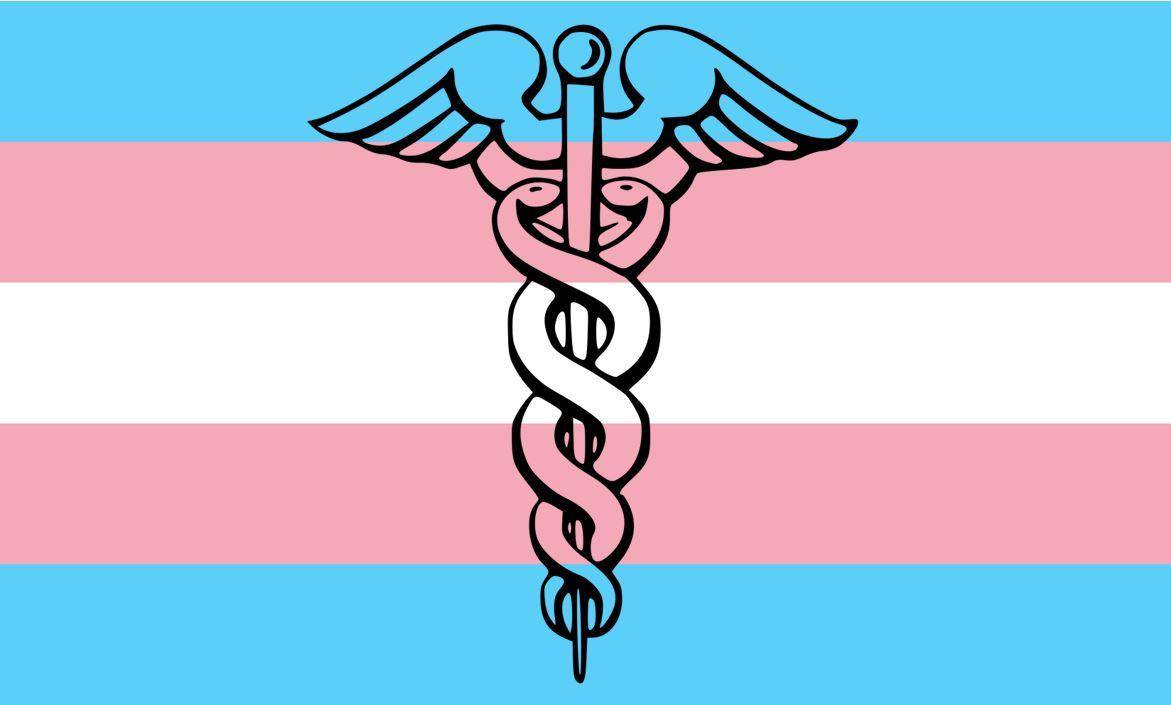Gender-Affirming Surgery Linked To HIV Suppression In Trans People
Being able to access gender-affirming surgery has a positive benefit on viral suppression of HIV, a study has found.
The study found that trans people with HIV enrolled on Medicaid who had a gender-affirming surgery were more likely to have achieved viral suppression – meaning that treatment has suppressed levels of HIV in a person’s body.
If the virus is sufficiently suppressed, it becomes undetectable in the person with HIV; once HIV is undetectable, it is also untransmissible to that person’s sexual partners. A person who is undetectable can live a healthy life while continuing to take medication.
Rates of viral suppression went from 66 per cent to 88 per cent after any type of gender-affirming surgery, the study found, comparing viral suppression two years before surgery and two years after. It looked specifically at those enrolled in Medicaid and living in New York who had surgery between 2015 and 2017.
As ‘Yahoo! News’ report, the most significant benefit of having gender-affirming surgery was to young Black trans people in high poverty areas living with HIV – a group that tends to have low rates of viral suppression.

The study, “Gender-affirming surgeries accessed through Medicaid are associated with high and sustained viral suppression among transgender people with HIV in New York City, 2013-2017”, was presented by author Cristina Rodriguez-Hart a recent conference on retroviruses.
Rodriguez-Hart and colleagues used Medicaid data for New York between 2013 and 2017 and identified trans people by comparing recorded sex, Medicaid claims and HIV registry data. They found that of 1,730 trans people living with HIV enrolled in Medicaid, around 10 per cent accessed a gender-affirming surgery during the study period.
For all trans people living with HIV enrolled in Medicaid, regardless of whether they had surgery, there was a 13 per cent increase in viral suppression between 2013 and 2017, with 75 per cent of this group achieving viral suppression by 2017.
However, this is still a lower rate of viral suppression than for other groups living with HIV, including trans people not enrolled in Medicaid (83 per cent), cis women (82 per cent) and cis men (82 per cent) living with HIV.
The exception was trans people who accessed a gender-affirming surgery in that time. Eighty-five per cent of this group achieved viral suppression, a rate comparable to that of cis men. And of this group, 57 per cent were Black, 22 per cent were aged 20-29 and 44 per cent lived in high poverty areas.
Commenting on the results, Rodriguez-Hart said: “Medicaid is a very important safety net for transgender people living with HIV and its expansion can support ending the HIV epidemic among populations who continue to be inequitably impacted by HIV.”
Read related myGwork articles here:
HIV Commission Says Blood Tests Should Include HIV Tests
The Battle Against HIV May Have Changed But We Still Have Vital Work to Do
HIV Prevention and Care in the UK: In Conversation with Professor Rusi Jaspal
Keep up to date with the latest myGnews

